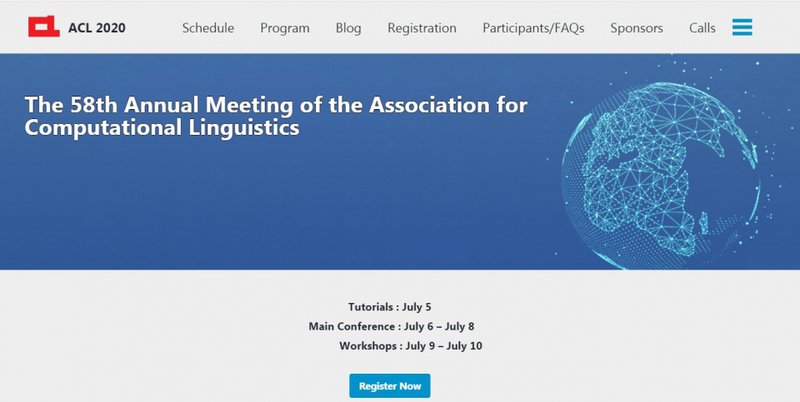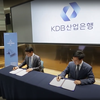42Maru has thesis adopted by the ACL
Our paper on HCVAE was adopted by the prestigious Association of Computer Linguistics
Our thesis: “Generating diverse and consistent questions and answers from contexts with maximized information through HCVAE (Hierarchical Conditional Variational AutoEncoder)” has been adopted by the ACL (Association for Computational Linguistics), the world’s most prestigious association for computational linguistics.
The Association for Computational Linguistics (ACL) is the international scientific and professional society for people working on problems involving natural language and computation.
The paper was researched and developed with government support as part of the IITP (Institute of Information & Communications Technology Planning & Evaluation) R&D support program to incubate global software specialized companies. For this endeavor, in particular, 42Maru collaborated the research with KAIST Professor Sung Ju, Hwang, and his team.
In this paper, 42Maru proposed HCVAE (Hierarchical Conditional Variational AutoEncoder), a new framework for generating various “question-answer” in a single context. This is the first probabilistic generative model for “question-answer” generation, “pair-wise”, which produces a variety of consistent “question-answer” from the view of maximized information. Also created, were special results by simultaneously conducting semi-supervised learning on labeled and unlabeled data.
The Association for Computational Linguistics (ACL), the world's most prestigious computer linguistics association in the field of natural language processing (NLP), said: 'The thesis was adopted to maximize the amount of mutual information and create a variety of consistent context-based question and answer using the HCVAE (Hierarchical Conditional Variational AutoEncoder) model.
For this reason, 42Maru had a presentation and QA session for the paper at the 58th ACL Annual Meeting held online between July 5th and 10th in local time in Seattle.

Homepage capture of the 58th ACL Annual Meeting
This framework can generate the “question-answer” pair by sampling various potential variables in a single context that was not possible with the previous VAE (Variational AutoEncoder) method.
By maximizing the common information between questions and answers, it is possible to generate questions that are semantically relevant to the answer and adherent to the context that can be answered. 42Maru revealed that these generated “question-answer” pairs can improve the performance of the QA (Question-Answering) model.
The commercialization of artificial intelligence-based language intelligence technology has been difficult, time consuming and costly due to the reliance on manual work and the construction of learning data. With the result of this research, we can dramatically reduce the time and cost by applying the “question-answering” technology for automatic generation of learning data. 42Maru is conducting research and development to commercialize the technology as one of the vanguards of AI in the world.
Meanwhile, as a technology start-up, 42Maru is operating a domestic and international graduate school support program for all employees in order to secure excellent AI manpower and technology development capabilities. In addition, to strengthen its global research capabilities, it is also pushing for an exchange research programmes with overseas artificial intelligence laboratories.
Dong-hwan Kim, CEO of 42Maru said, “42Maru has already been recognized for technology by co-ranking #1 with the Google AI team in SQuAD 2.0, which was hosted by Stanford University in 2018.”
He mentioned, “We were also invited to the MRQA (Machine Reading for Question Answering) workshop hosted by EMNLP-IJCNLP, the world’s most prestigious natural language processing conference, and introduced a domain-independent QA model using hostile learning in 2019.”
The adoption of this paper also has displayed 42Maru’s technology leadership in the field of artificial intelligence once again and serves as a testament that it will continue to strive to lead in the field of practical research in the industry, for commercialization and beyond.
- End -
[Supplementary description]
Introduction of ACL (Association for Computational Linguistics)
The world's most prestigious computational linguistics institute established in 1962, The Association for Computational Linguistics (ACL), is the international scientific and professional society for people working on problems involving natural language and computation. An annual meeting is held each summer in locations where significant computational linguistics research is carried out on, sponsored by ‘Journal Computational Linguistics’ published by MIT Press, the most prominent report in the industry.
